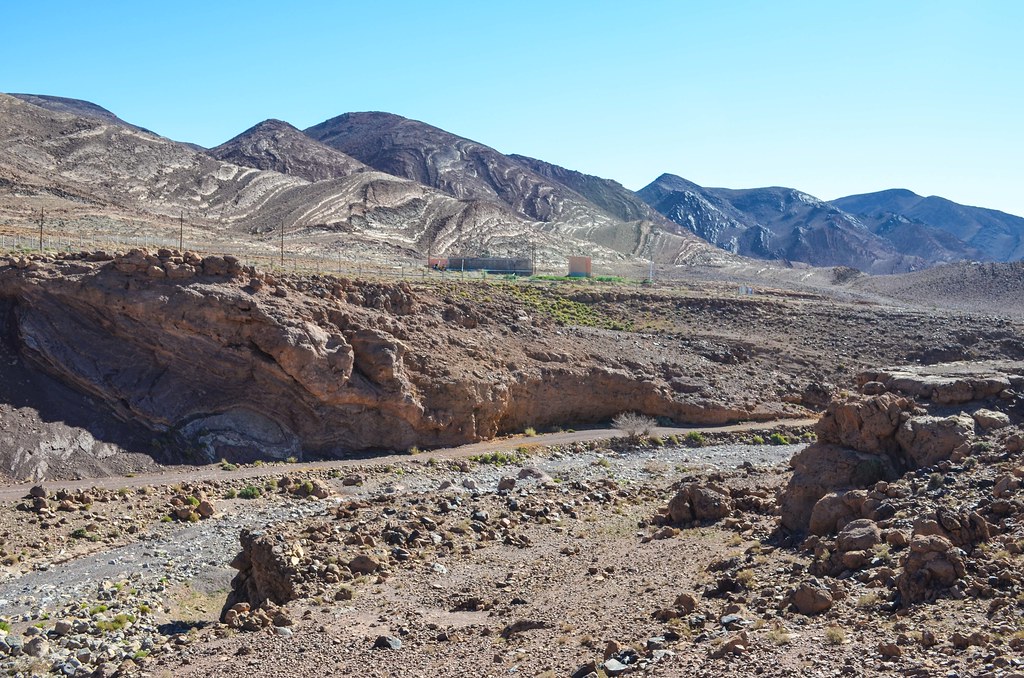Does China want to get its hands on Morocco’s phosphate?

Chinese battery companies plan to expand into Morocco to better reach markets in the United States and Europe. But the North African country is also very rich in phosphate, essential for fertilizers and for a new type of batteries
The news of a massive Chinese investment in a battery component factory in Morocco, which would seem to conceal Beijing's intention to exploit the North African country as a manufacturing base aimed at the United States and the European Union, has caused some concern among analysts of sector. Morocco is linked to the United States by a free trade agreement and has important trade relations with the European Union, but above all it concentrates around 70 percent of the world's phosphate reserves within its borders.
THE IMPORTANCE OF PHOSPHATE
Phosphate rock, or phosphorite, of which Morocco has deposits of 50 billion tonnes, is considered a critical raw material by the European authorities. Phosphate is an essential component not only of synthetic fertilizers for agriculture (along with nitrogen), but also of a particular chemistry of batteries for electric vehicles. Lithium-iron-phosphate batteries, in fact, differ from traditional lithium ion batteries (which usually use a combination of nickel, manganese and cobalt in the cathode) due to their lower performance but above all due to their lower cost, resulting from the lower use of precious metals.
Considering that the battery accounts for approximately 40 percent of the final price of an electric vehicle, lithium-iron-phosphate batteries are useful for producing cheaper electric cars and therefore encouraging their diffusion.
THE WEIGHT OF MOROCCO AND THE POSSIBILITIES OF CHINA
China alone produces 99 percent of lithium iron phosphate cathodes. The country, despite being in second place in the reserves ranking, has phosphate rock deposits of just 3.2 billion tons, according to an analysis by CRU Group , compared to Morocco's 50 billion.
The vast majority of phosphate ores are currently intended for fertilizer production, not batteries, but that could change as electric mobility advances.
If China were to expand into Morocco's mining sector, the European Union could struggle to reduce its dependence on Beijing for critical raw materials. Morocco is also an important producer of fertilizers: the state company OCP Group has a 54 percent share of the African market for these products.
THE RISKS FOR THE EUROPEAN UNION
50 percent of the European Union's phosphate imports come from Morocco, a dependence which has also widened following the separation from Russia after the invasion of Ukraine. The largest buyers are Spain, Italy and France, which use it to produce fertilizers.
This is a machine translation from Italian language of a post published on Start Magazine at the URL https://www.startmag.it/energia/marocco-fosfato/ on Sun, 01 Oct 2023 05:42:44 +0000.
